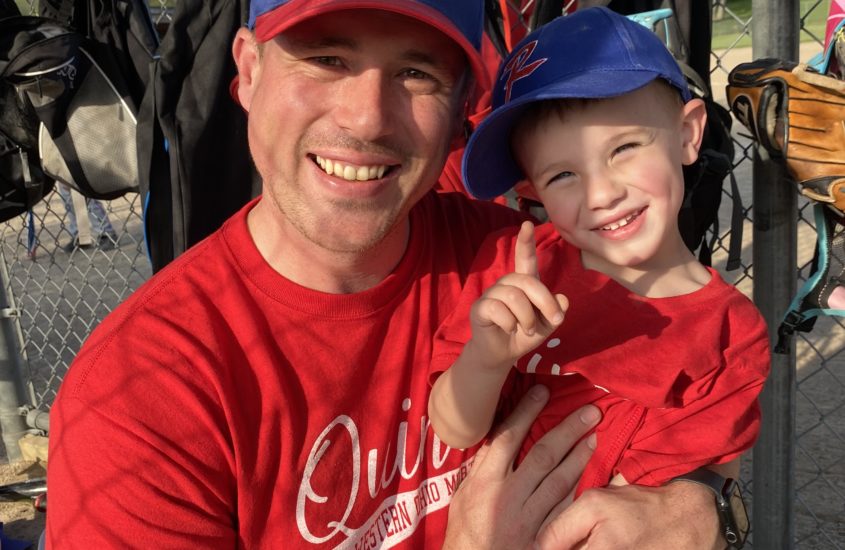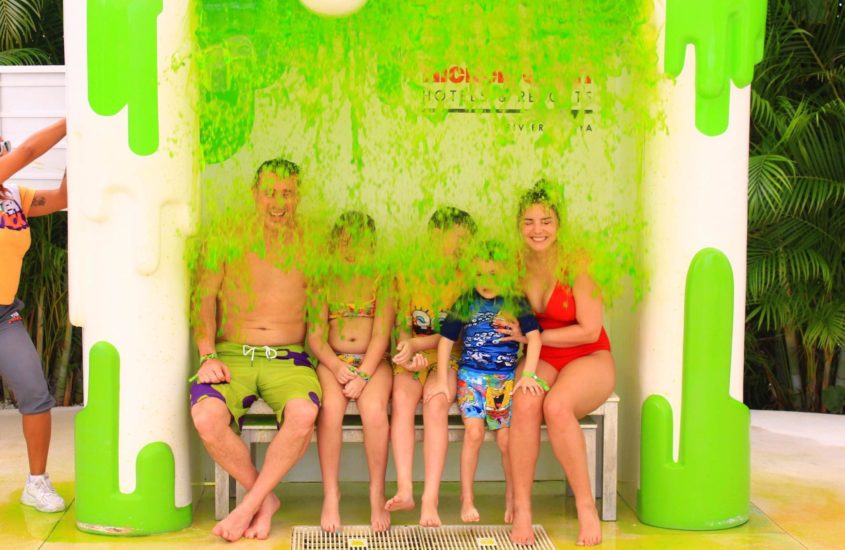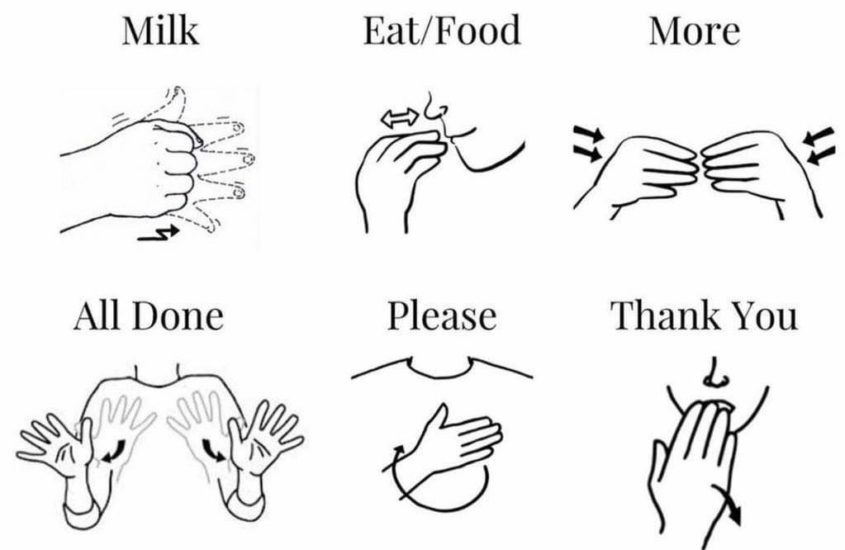Attempting Sports Trial 2

As the title suggests, this is not our first rodeo with trying sports with an autistic child. We have had semi-successful attempts at both of our boy’s playing soccer over the past few years, which you may remember me talking about in the first Attempting Sports article. We were used to soccer for them, and we had a good idea of what to expect. This year, we got a little more ambitious and decided to sign Drew up for T-ball.
We had never really considered having Damion play T-ball. Based on his interest level and limited amount of time he was willing to spend on the field for soccer, we just didn’t anticipate it being something he could do. But Drew has a milder form of autism, and is already able to play some games that Damion still struggles with. So, we thought we would give it a shot. So far, we have been very pleasantly surprised with the progress he has made, and how well he is doing.
T-ball verses first year soccer (at this age at least) is much more structured, which at first seemed like a negative but has actually turned out to be a perk. For soccer, we pretty much gave them the basics of “don’t touch the ball with your hand” and “kick it in the goal”. We thought for our boys’ soccer would be simpler, but found out that less structure often turned into a crowd of kids all gunning for the same ball. My boys never seemed to be big fans of this, which kept them on the field, but away from the crowd. At most, they would maybe do a first kick of the ball to start off a quarter. Their involvement didn’t willingly go much past that. T-ball definitely has a lot more to remember; how to field, how to throw, hitting the ball, running correctly around the bases. It always seemed like a lot. But we came to find that even though there is more, is done in little, somewhat manageable pieces.

The first piece was fielding. It actually works out well that most field positions in t-ball don’t see a lot of action. Drew generally plays in the outfield. Our biggest struggle with this was getting him to not leave his spot. The first scrimmage this meant that I stood out in the field with him, and gave him gentle reminders to stay where he was. Rewards always help with this. Food rewards that last in your pocket during hot times are ideal. He has already made a lot of progress since then. Progress to stay put generally involves him entertaining himself by playing in the sand, but he is far from the only kid out there doing that very same thing. I’m not sure if he would act appropriately when a ball came his way, but again, he wouldn’t be the only kid struggling with that either.
The second big piece was of course batting. Getting him to hit the ball doesn’t seem to be a big deal, but remembering the correct way to run the bases continues to be a work in progress. The first scrimmage he hit the ball and ran straight toward the pitcher’s mound, ran into the pitcher, and then fell down. So, I went out and ran the bases with him for the rest of that game. And that brings me to my biggest piece of advice if you are attempting sports with your autistic child, don’t be afraid to ask for accommodations.
At the age groups we are currently looking at, it is not so cut throat that people aren’t willing to allow some leeway. As long as your requests are reasonable, there is really no reason for them to say no. For Drew, they have allowed him to have some additional assistance getting into his batting position and help to place his grip correctly on the bat. They have also allowed him to have a person run with him if needed. They even allow him to stay on the base, even if he gets out, to help him get more practice on running the bases. We still count him as out, but he gets the repetition of what he is supposed to do. Our coach always just okays this with the other team’s coach ahead of time, and it has yet to be a problem. Surprisingly, by game number two, we didn’t even need the running accommodation. Drew batted twice and was able to run all the bases by himself, and even scored both times at bat!
Everyone was so proud of his progress after his last game, that he got awarded the game ball at the end of the night. It’s hard to even put into words how proud this momma was. He may have not fully understood the significance of the award he was given, as the coach presented him the ball and he instantly tried to throw it (the way he would in practice). But we cheered and high fived him, which he liked a lot.

I’m not sure if either of my boys will ever be fully interested in playing sports. I hope one day to find their niche in this world, but until then, we will at least keep trying things like this while they are still young and not in the overly competitive stages. Worst case scenario, we waste a little bit of our time. But honestly, we have yet to feel like that. Even though they may not play to the level of their teammates, they are still getting to be around other kids their age, getting to play with them a bit, and learning some skills that may be useful somewhere down the line. It is a learning experience for us and them. Every kid is different, so trying sports may not feel right for you, and that’s ok. I just want you to know that if you do find that you want to attempt a sport like this with your child on the spectrum, know that with managed expectations, and possibly a few minimal accommodations, you can definitely have a successful sporting season.




